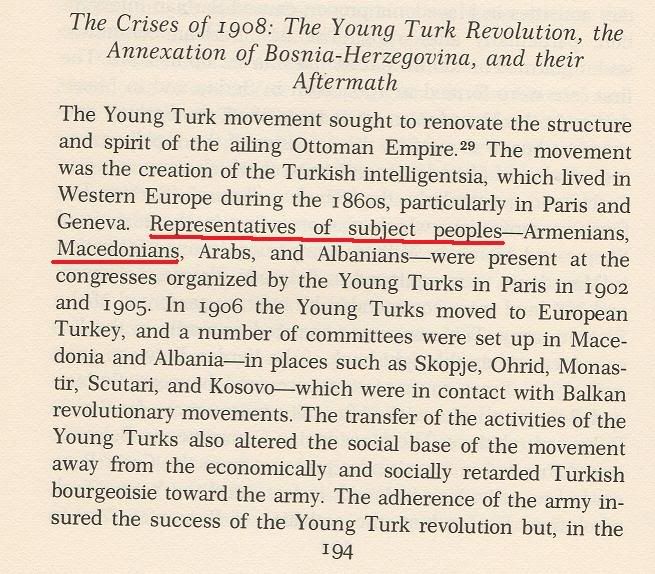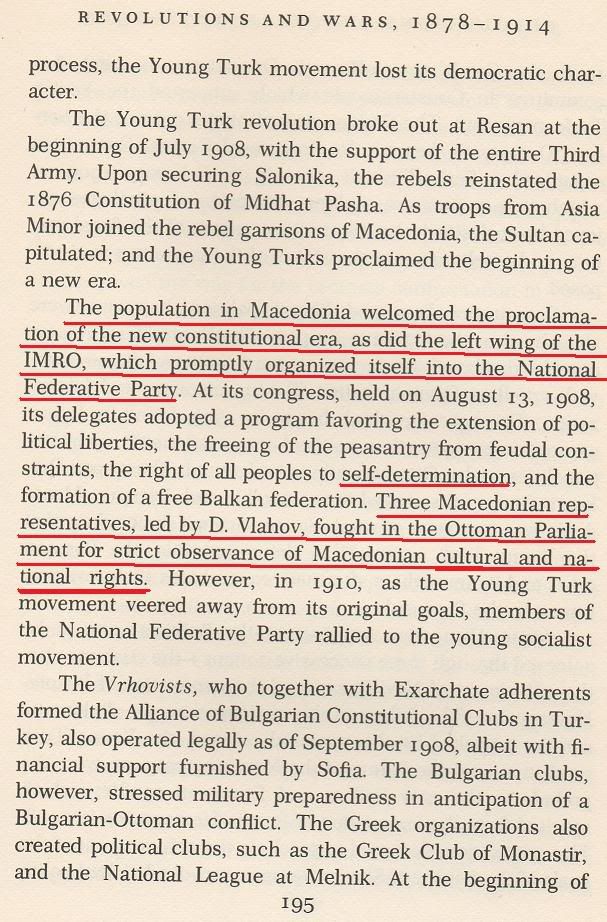The general elector did not, however, vote directly for the Deputy he desired to represent him in Parliament. In each of the fifteen electoral districts, the registered voters were entitled to choose delegates in the proportion of one to every 500 of the voters, and these delegates (elected Administrative Councils) had the actual power of choosing the Parliamentary representatives. Moreover, the administration of territories was entrusted to elected Administrative Councils. Those Councils were elected and existed in the provinces, districts, and sub-districts.
The parliament convened after the revolution only briefly and rather symbolically. The only task they performed was to call a new election. In the first Parliament, the President of the Chamber of Deputies was a Deputy from Jerusalem, Yusif Dia Pasha Al Khalidi.
First term, 1908
The new parliament comprised 142 Turks, 60 Arabs, 25 Albanians, 23 Greeks, 12 Armenians (including four Dashnaks and two Hunchaks), 5 Jews, 4 Bulgarians, 3 Serbs and 1 Vlach in the elections of 1908. The CUP could count on the support of about 60 deputies.[1] The CUP, the main driving force behind the revolution, managed to gain the upper hand against LU. LU was liberal in outlook, bearing a strong British imprint, and closer to the Palace. CUP come as the biggest party among a fragmented parliament by only 60 of the 275 seats.
The parliament convened after the revolution only briefly and rather symbolically. The only task they performed was to call a new election. In the first Parliament, the President of the Chamber of Deputies was a Deputy from Jerusalem, Yusif Dia Pasha Al Khalidi.
First term, 1908
The new parliament comprised 142 Turks, 60 Arabs, 25 Albanians, 23 Greeks, 12 Armenians (including four Dashnaks and two Hunchaks), 5 Jews, 4 Bulgarians, 3 Serbs and 1 Vlach in the elections of 1908. The CUP could count on the support of about 60 deputies.[1] The CUP, the main driving force behind the revolution, managed to gain the upper hand against LU. LU was liberal in outlook, bearing a strong British imprint, and closer to the Palace. CUP come as the biggest party among a fragmented parliament by only 60 of the 275 seats.
(The following discussion may help as an introduction)
__________________________________
Odysseas Elytis - Our name is our soul








Comment